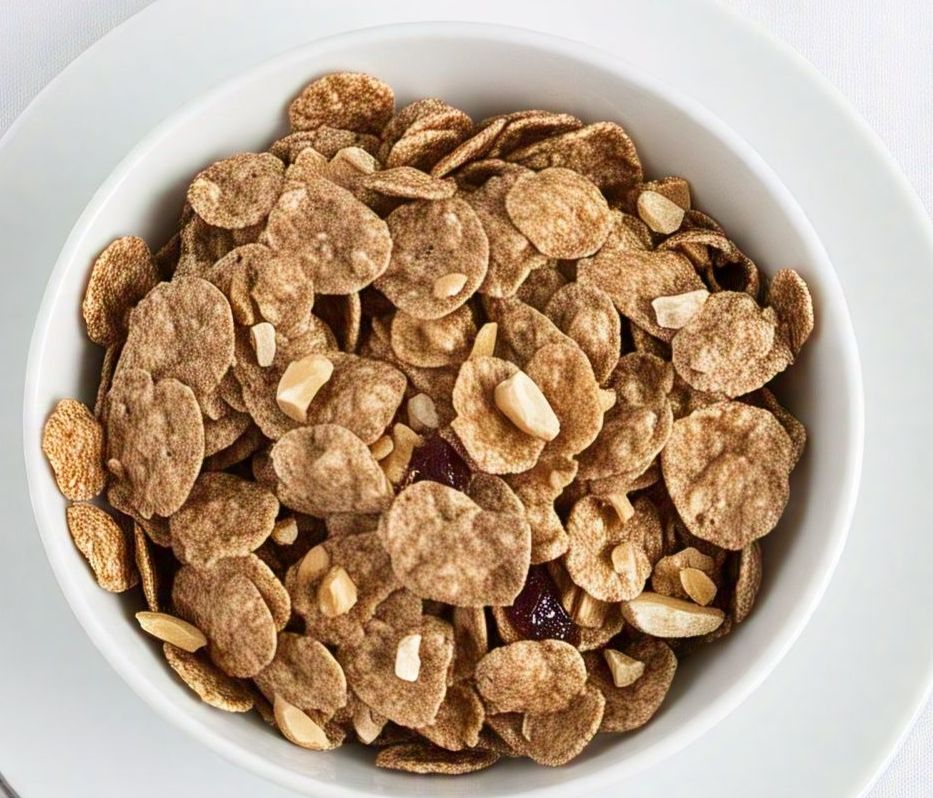Menopause symptoms—such as hot flashes, mood swings, and weight gain—can significantly impact quality of life. As hormone replacement therapy (HRT) has its own side effects, menopause diet tips can play a vital role in alleviating symptoms. In this article, we explore evidence-based nutrition for menopause, weight gain solutions and the science behind key nutrients.
To Understand Menopause and Its Symptoms, you can dig into What is Menopause: Recognize its symptoms Early.
Research suggests that certain foods and nutrients can mitigate these symptoms, while others may exacerbate them.
Phytoestrogens: Natural Hormone Balancers
Phytoestrogens are plant-based compounds and has estrogen like effect. Found in foods like soy, flaxseeds, and legumes, these compounds may help reduce hot flashes and support hormonal balance.
Soy Products:
Soybeans, tofu, and soy milk contain isoflavones, a type of phytoestrogen shown to reduce hot flashes in some studies.
Flaxseeds:
Rich in lignans, another class of phytoestrogens, flaxseeds can be easily added to smoothies or oatmeal.
Tip: Incorporate 1–2 servings of soy or flaxseed daily to maximize benefits.

Calcium and Vitamin D: Strengthen Bone Health
Postmenopausal women have the high risk of osteoporosis as their estrogen levels are declining. Calcium and vitamin D are essential for bone density maintenance.
Dairy Products:
Calcium content is very high in most of the dairy products like milk, yogurt, and cheese.
Fortified Foods:
Plant-based milk alternatives and cereals often include added calcium and vitamin D.
Fatty Fish:
some fish like Salmon, mackerel, and sardines have both calcium and vitamin D.
Tip: Aim for 1,200 mg of calcium and 600–800 IU of vitamin D daily, as recommended by health authorities.

Omega-3 Fatty Acids: Combat Mood Swings
Omega-3 fatty acids, found in fatty fish, walnuts, and chia seeds, have anti-inflammatory properties that may alleviate mood swings and depression associated with menopause.
Sources:
Fish as mentioned above at least two times a week or fish oil supplements.
Tip: Combine omega-3-rich foods with a balanced diet to support mental well-being.

Whole Grains and Fiber: Tame Weight Gain
Weight gain is a common concern during menopause due to a slower metabolism. Whole grains and fiber-rich foods can promote satiety and regulate blood sugar levels.
Whole Grains:
Brown rice, quinoa, and whole wheat bread provide lasting energy.
Fruits and Vegetables:
High in fiber and low in calories, these should make up half your plate at meals.
Tip: Limit refined carbohydrates and sugar, which can lead to energy crashes and cravings.

Hydration and Cooling Foods: Ease Hot Flashes
Staying hydrated and consuming cooling foods like cucumbers, watermelon, and yogurt can help manage hot flashes. Avoid triggers such as caffeine, alcohol, and spicy foods, which may worsen symptoms.
Tip: Drink at least 8–10 glasses of water daily and opt for herbal teas over caffeinated beverages.

Limit Alcohol and Caffeine: Protect Heart and Bones
Excessive alcohol and caffeine intake may exacerbate menopause symptoms, including hot flashes and insomnia. They can also negatively affect bone density and heart health.
Tip: Limit alcohol to one drink per day and choose decaffeinated options when possible.

Practical Meal Plan for Menopause Relief
Here’s a sample day of meals tailored for symptom management:
- Breakfast: Oatmeal with flaxseeds, fresh berries, and almond milk.
- Snack: Dry fruits like walnuts and fruits like an orange.
- Lunch: salmon (grilled) salad with mixed greens, cucumbers, and olive oil dressing.
- Snack: Soy yogurt with chia seeds.
- Dinner: Stir-fried tofu with quinoa and steamed broccoli.
- Beverage: Chamomile tea to promote relaxation.
The Role of Professional Guidance
While dietary changes can significantly alleviate menopause symptoms, consulting a healthcare provider or dietitian is crucial for personalized advice. Women with specific medical conditions, such as osteoporosis or cardiovascular disease, may require tailored nutrient plans or supplementation.




